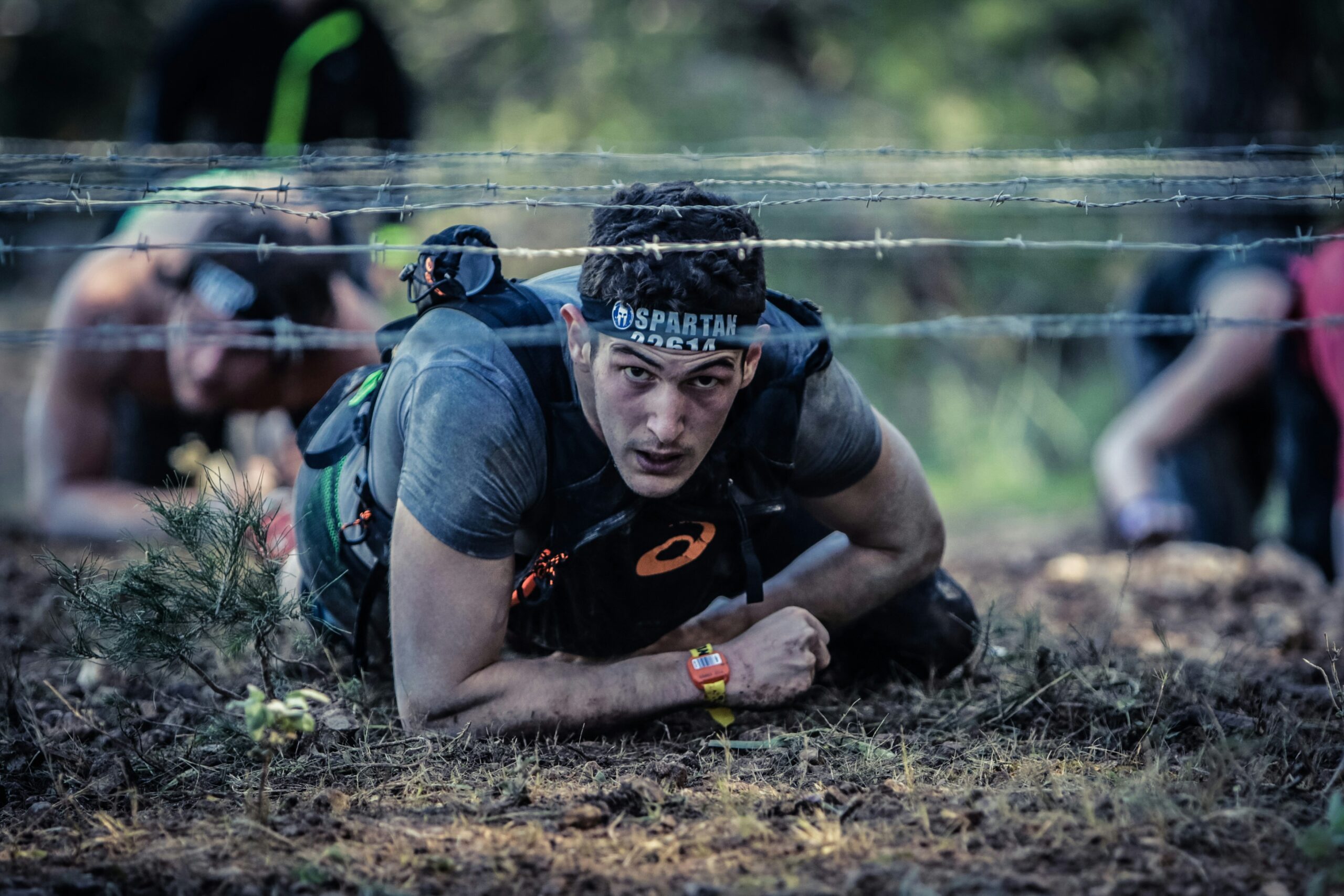
Spartan races have rapidly gained popularity as challenging physical events that demand grit, strength, and endurance. However, beyond the physical demands, these races create a powerful space where resilience grows through shared struggle and mutual encouragement. By combining intense obstacles with a strong sense of community, Spartan races help individuals develop mental toughness while building meaningful connections. This article explores how these races inspire resilience by pushing limits, encouraging teamwork, and sparking personal transformation.
Facing Tough Obstacles Head-On
Spartan races are designed to test every aspect of a participant’s fitness and willpower. The courses feature grueling obstacles like rope, heavy carries, wall climbs, and crawling through mud. Each element pushes participants to confront their physical and mental limits, often requiring them to dig deep to keep moving forward.
The unpredictable environments—ranging from rocky hills to muddy trails and sometimes harsh weather—add an extra challenge. These conditions demand adaptability and persistence. The uncertainty of the course mimics life’s unexpected hardships, teaching racers to stay composed and resilient amid adversity.
Unlike conventional races where speed is the primary goal, Spartan events reward perseverance and determination to finish. This shift in focus encourages participants to view obstacles as growth opportunities rather than barriers to success. It promotes a mindset of endurance that strengthens resilience in everyday life.
The Strength Found in Community
One of the defining features of Spartan races is the culture of support and camaraderie among participants. Although individuals compete against the clock and themselves, they strongly emphasize helping one another overcome obstacles. Racers cheer each other on, offer hands to climb walls, and share motivating words throughout the course.
This spirit of collective encouragement plays a crucial role in building emotional resilience. When fatigue and doubt threaten to slow a racer down, the presence and support of others can reignite determination. This shared experience fosters a sense of belonging that uplifts participants beyond the physical challenge.
Many athletes also train in teams, creating bonds of trust and accountability before the race begins. Team training improves physical readiness and strengthens emotional support systems. These relationships help racers stay motivated and resilient through setbacks.
Furthermore, the Spartan community extends beyond race day through social media groups, local clubs, and events. This ongoing network provides continuous encouragement, shares advice, and celebrates milestones, which sustains resilience over time.
Growth Through Overcoming Challenges
Completing a Spartan race often leads to profound personal growth. Each obstacle overcome is a powerful reminder of one’s ability to face and conquer difficulties. This sense of accomplishment boosts self-confidence and nurtures mental toughness.
Participants learn critical life skills such as setting goals, planning strategically, and managing stress. The discipline needed to train and race cultivates focus and patience, traits that carry over into other areas of life.
Spartan races also encourage embracing discomfort as a path to growth. By willingly facing physical pain and uncertainty, racers develop a mindset that welcomes challenges instead of avoiding them. This attitude enhances resilience by fostering flexibility and proactive problem-solving.
Many finishers report that the race experience motivates them to pursue other ambitious goals, knowing that persistence and effort can overcome obstacles.
Physical and Mental Wellness Benefits
Training for and participating in Spartan races significantly benefits both body and mind, essential components of resilience. Physical preparation enhances cardiovascular health, muscular strength, and overall endurance, contributing to better energy and reduced illness risk.
On the mental side, the process builds emotional regulation and stress tolerance. Overcoming tough physical challenges teaches participants to manage discomfort and maintain focus, improving their ability to handle life’s pressures.
Crossing the finish line releases endorphins, creating joy and accomplishment. This natural boost reinforces positive habits and encourages commitment to health and resilience-building practices.
Social connections formed during races further improve mental well-being by reducing feelings of isolation and increasing a sense of community. The shared values and goals create emotional support networks that bolster long-term resilience.
Building Resilient Communities Together
Spartan races impact communities by bringing people together around shared challenges and goals. Many events support charitable causes, promoting teamwork and social responsibility among participants.
Organizations, including schools, businesses, and military groups, adopt Spartan-style obstacle training to foster teamwork and mental toughness. This approach highlights how lessons learned through the race translate into stronger group dynamics and collective resilience.
By encouraging individuals to face challenges side by side and offer mutual support, Spartan races cultivate a culture of resilience that extends beyond the course. They show that true strength emerges from both individual effort and community connection.
Final Thoughts
Spartan races offer a unique combination of physical challenge and communal support that powerfully fosters resilience. The demanding obstacles push individuals to build endurance and mental toughness, while the spirit of teamwork inspires motivation and connection.
Together, these elements create a foundation for strength that extends far beyond the finish line. As Spartan races continue to grow, they bring people together to rise above adversity, proving that resilience is most substantial when forged in unity.